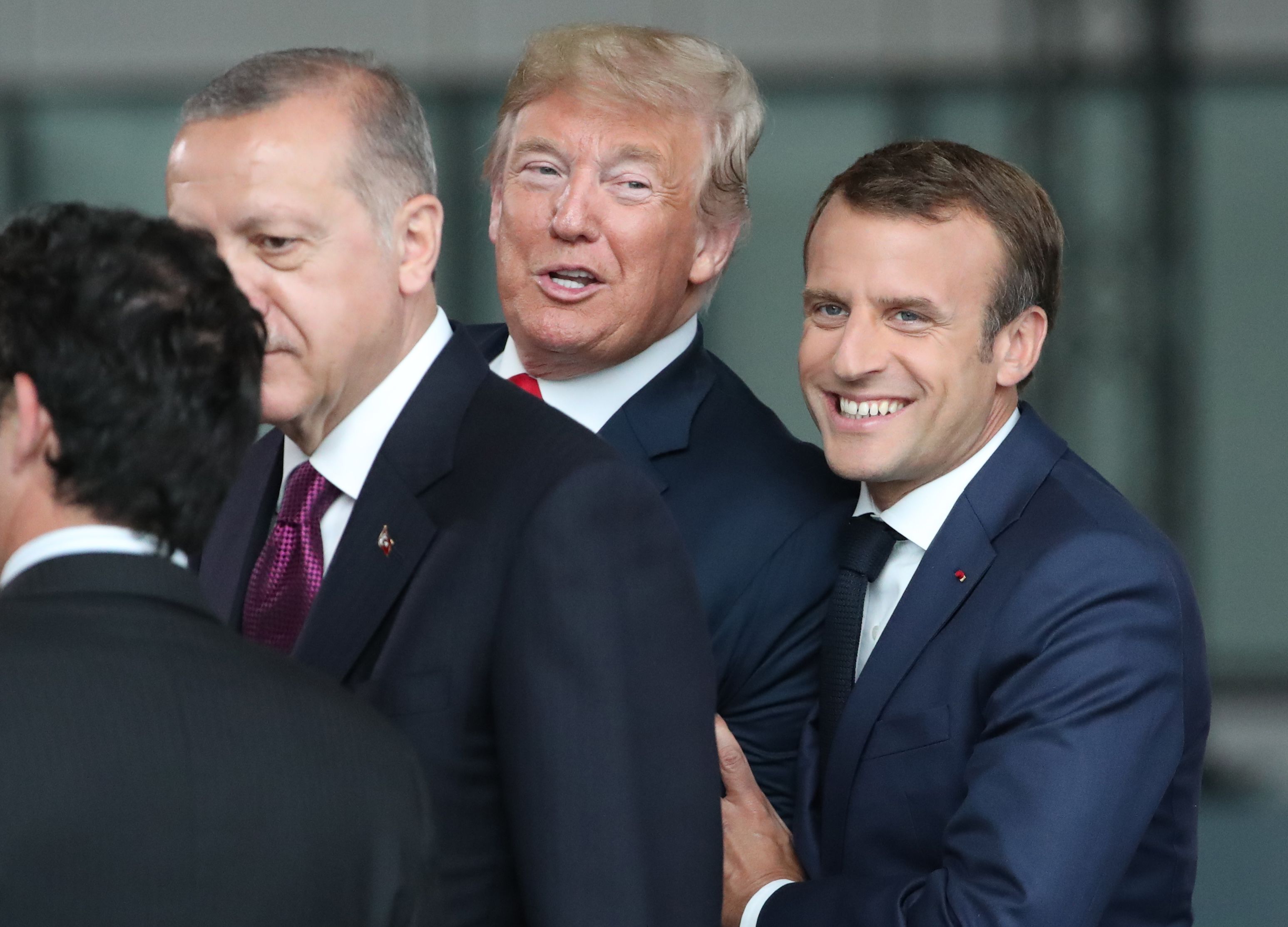Meanwhile, there has been substantial theories and responses due to Special Counsel Robert Mueller’s indictment of the 13 Russians from February.
Add in the second round of 12 Russians that SC Mueller indicted just this month. So we are currently at 25. Now, consider Ms. Maria Butina who was arrested last Sunday.
Butina, 29, was indicted by a grand jury Tuesday on charges she served in the United States as an agent of the Russian government without notifying the Justice Department. In the court filing Wednesday, prosecutors said Butina maintained constant contact with Russian intelligence officials and “loyally” carried out a years-long conspiracy to advance the Kremlin’s interests. They described her plan as “calculated, patient” and directed by a Russian official believed to be Alexander Torshin, who was sanctioned by the Treasury Department earlier this year.
Perhaps, one should consider that Mueller is for sure simply trying to clean up a Russian mess left behind by the Obama administration. All of this happened during his administration. For an exceptional summary on the matter of Butina and what FBi Director is referring to at the Aspen Security Forum, click this link.
Security agency professionals are in attendance at the Aspen Security Forum to include DHS Secretary Kirstjen Nielsen, Daniel Coats, Director of National lntelligence, Rod Rosenstein, Deputy Attorney General and Christopher Wray, Director of the FBl.
Further, there are real concerns that the Federal and State governments are not doing enough to protect whole election architecture and systems. That is a false assertion by the Democrats as there have been hearings on the Hill explaining the work/collaboration between DHS and individual states. Admittedly, there are issues at the State level where databases, computers, voter rolls and more all take place. The bell first rang on state vulnerabilities began in the 2016 general election, where the cyber professionals at the FBl were placed in states known to be under brute force cyber attacks. State officials were warned then and provided advice on how to harden their respective systems going forward.
Those discussions and activities continue today including at the Aspen Security Forum. A specific session is dedicated to this issue as noted:
Defending Democratic Institutions: Election 2018 and Beyond
Though the motivation and the effects are disputed, nearly everyone agrees that Russia interfered in the 2016 presidential election, and security experts agree that it is already interfering in this year’s mid-terms. Though efforts are underway to stop them, what more can be done to put an end to Russia’s interference in our elections and democratic institutions?Monika Bickert, Head of Product Policy and Counterterrorism, Facebook
Tom Burt, Corporate Vice President for Customer Security and Trust , Microsoft
Michael Chertoff, Former Secretary of Homeland Security
Jeanette Manfra, Assistant Secretary of Homeland Security for Cybersecurity and
Communications
Kim Wyman, Secretary of State, Washington State
Moderator: Michael Isikoff, Chief Investigative Correspondent, Yahoo News
Meanwhile, Senator Rubio introduced legislation last year to further add sanctions on Russia due to Russian interference. Due to the most recent political scandals, some noted above, Rubio’s bill is getting renewed attention and support in Congress.
Briefly from the Miami Herald:
Rubio and Van Hollen’s bill, called the Defending Elections from Threats by Establishing Redlines (DETER) Act, is the first bill since the 2016 presidential election that sets specific punishments for the Russian government and other countries that interfere in U.S. political campaigns.
“Congress has already taken various steps when it comes to Russia and its interference in 2016, this will just be one moving forward that hopefully would deter future attacks, which I believe is the real threat here ultimately,” Rubio said on Tuesday. “It’s not what happened, but what could happen in the future. Hopefully we’ll get to a critical mass and momentum that we can get going on it and get it passed.”
Rubio’s bill, if passed, codifies specific penalties for the Russians that must be implemented within 10 days if the Director of National Intelligence determines that interference took place.
The penalties include “sanctions on major sectors of the Russian economy, including finance, energy, defense, and metals and mining” and blacklisting every senior Russian political figure or oligarch identified in the Russian sanctions bill that became law in 2017 over the initial objections of Trump after a supermajority in Congress approved it.
The bill lays out specific acts by foreign governments that constitute election interference. Foreign governments are forbidden from purchasing advertisements to influence elections, using social and traditional media to spread “significant amounts” of false information, hacking election or campaign infrastructure such as voter registration databases and campaign emails, and blocking access to elections infrastructure such as websites that provide information on polling locations. Read more here.




 France’s President Emmanuel Macron jokes with President Trump. Photo by Tatyana Zenkovich/AFP/Getty Images.
France’s President Emmanuel Macron jokes with President Trump. Photo by Tatyana Zenkovich/AFP/Getty Images.
 Meanwhile, Prime Minister Theresa May has a Brexit government that is slowly imploding.
Meanwhile, Prime Minister Theresa May has a Brexit government that is slowly imploding.